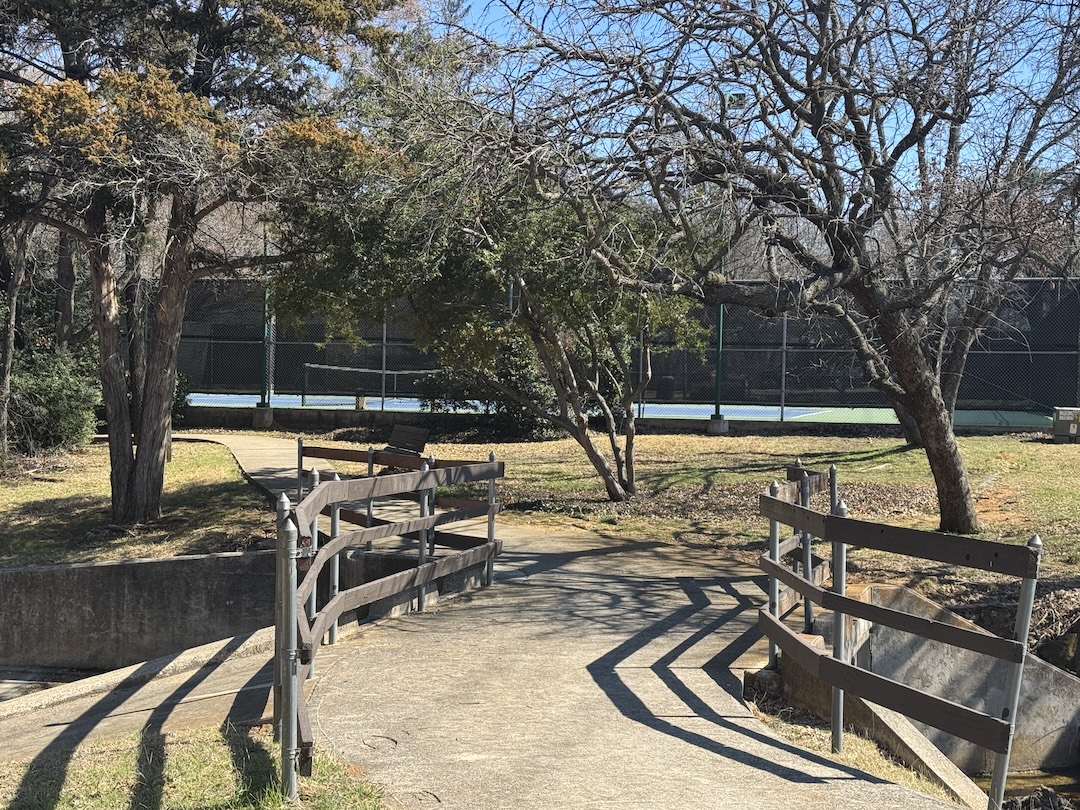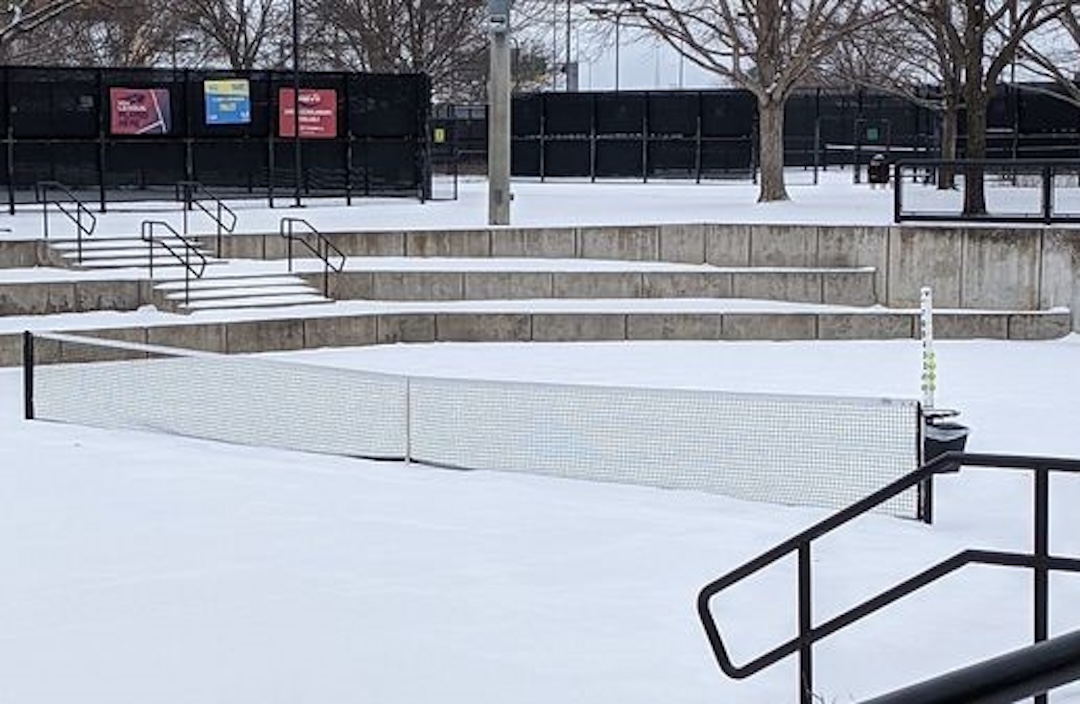Throughout 2024, I am dedicating the first full weekend of every month to exploring the application of design-oriented thinking to improve our tennis lives. This series is inspired by a practice and philosophy described by Bill Burnett and Dave Evans in their book ‘Designing Your Life: How to Build a Well-Lived, Joyful Life.’ The overarching theme for this weekend is finding creative ways to become “unstuck” in tennis.
A common experience that many people encounter at some point in their professional lives is feeling “stuck” in their career. The premise of the Designing Your Life book is it is caused because they are in a job or career path that no longer aligns with their personal or professional aspirations. If you find yourself in that position in your work life, I highly recommend that book as a resource for navigating through that journey.
A performance plateau is one of the most common ways people get stuck in tennis. While the sport has a significant learning curve, one of the most exciting aspects for new players is the sense of improvement and mastery as they learn to play. However, players often reach a stage where skill development becomes challenging. In fact, these plateaus occur at all levels of mastery. Despite dedicated practice and training, players just can’t find a way to break through to the next level of performance. They’re stuck.
For some tennis players, the plateau isn’t necessarily a problem. Some people are happy with their level of performance and have no desire to improve their competitive results. For those players, tennis is a fun way to exercise and socialize. They have no aspirations beyond that and it is perfectly fine. There is no reason why those players should be striving for a break through because they’re happy where they are.
On the other hand, some people who are living on a plateau may simply be complacent. They have settled into a routine of play that is comfortable for them. However, a few moments of self-reflection may reveal they are not satisfied with their current level of performance. They genuinely would like to improve, or at least try. Complacent players may overlook areas for improvement, such as refining their strokes, enhancing their fitness level, or sharpening their mental game.
You can get “unstuck” in tennis. Overcoming complacency in the sport requires a proactive approach that starts with self assessment, setting challenging goals, and maintaining a hunger for improvement. Feedback from coaches and peers can be extremely valuable in that journey. Tomorrows post will focus on creative ways to break through a tennis plateau.
In tennis, the journey towards improvement is multifaceted and dynamic. Tennis players of all levels experience mastery plateaus where performance stagnates. However, within that challenge lies opportunities for growth and self-improvement. For many, it can be an exciting journey of transformation.
Throughout 2024, I am publishing a series of essays imaging how to apply the principles in ‘Designing Your Life: How to Build a Well-Lived, Joyful Life‘ (<- sponsored link), which is a non-tennis book that I have come to believe that everyone should read.
A chronological summary of all posts on this topic is available on the Designing Your Tennis Life summary page.




